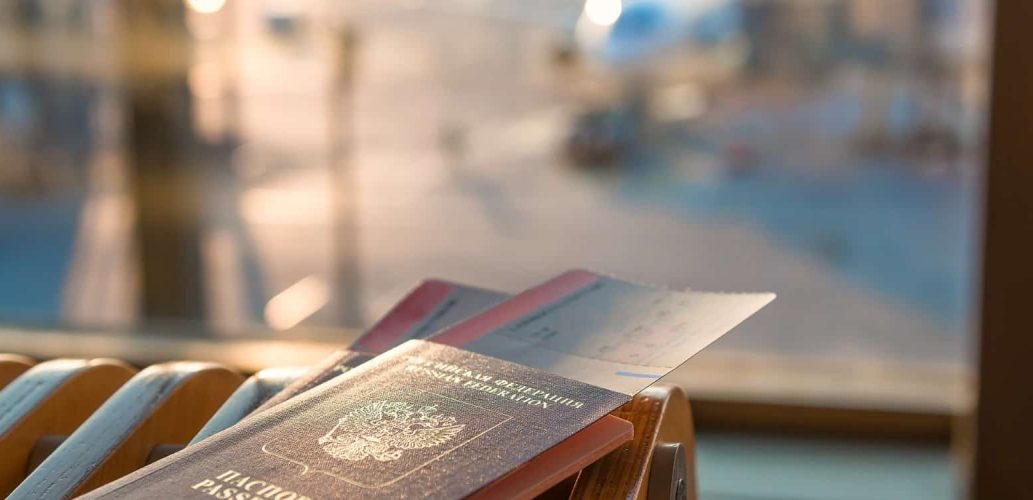You’ve landed your dream job abroad—congratulations! 🎉
Whether it’s a short-term seasonal job or a long-term position in another country, preparing properly before you leave makes all the difference. From your travel insurance to your official documents, there are key steps you need to take before boarding that plane.
If you’re planning to live and work abroad in 2025, here are three essential tips to make sure you travel well prepared and start your new adventure stress-free.
1. Check the local registration requirements
Before moving abroad, it’s important to know how long you can stay without registering and whether you need to report your presence to local authorities.
In most EU countries, you can stay up to 90 days without registering, but some countries require you to notify your stay or obtain a residence certificate.
If you’re planning to work abroad for more than three months, you’ll usually need to register with the local municipality or immigration office. Make sure to bring:
A valid passport or national ID
Your job offer or employment contract
Proof of accommodation or rental agreement
🔍 Pro tip: Check your destination country’s government website or contact their embassy before you leave. This will save you time and stress later on!
2. Make sure your documents are valid and recognized abroad
When you move abroad for work, your official documents — such as diplomas, birth certificates, and professional qualifications — often need to be certified, translated, or legalized.
✅ Certified translations
Some countries require sworn translations of your documents into their official language. These must be done by a certified translator, who guarantees that your translation is a true and accurate version of the original.
Check with your future employer, the local authorities, or the embassy or consulate to know exactly which documents need translation.
✅ Legalization and apostille
Legalization confirms that your document is issued by the correct authority. For example, if you obtained your diploma in the Netherlands and plan to work abroad, the translation might need to be legalized by the court.
You’ll then receive an apostille (official stamp or sticker) certifying the authenticity of the signature on the translation.
💡 Tip: Not all employers or authorities require legalization, but it’s best to ask in advance to avoid last-minute surprises.

3. Check if you need a visa or work permit
Even within Europe, visa and work permit rules vary depending on your nationality and the country you’re going to.
For EU citizens, working in another EU country is usually visa-free (except for countries like Russia). However, for non-EU citizens or those heading to destinations like the UK, Canada, or Australia, a visa is mandatory.
Before you go, check:
If you need a work visa or residence permit
How long it takes to process (some can take several weeks)
The minimum passport validity period required for entry
Most visas can now be applied for online, but it’s always safer to start early to avoid delays in your travel plans.

